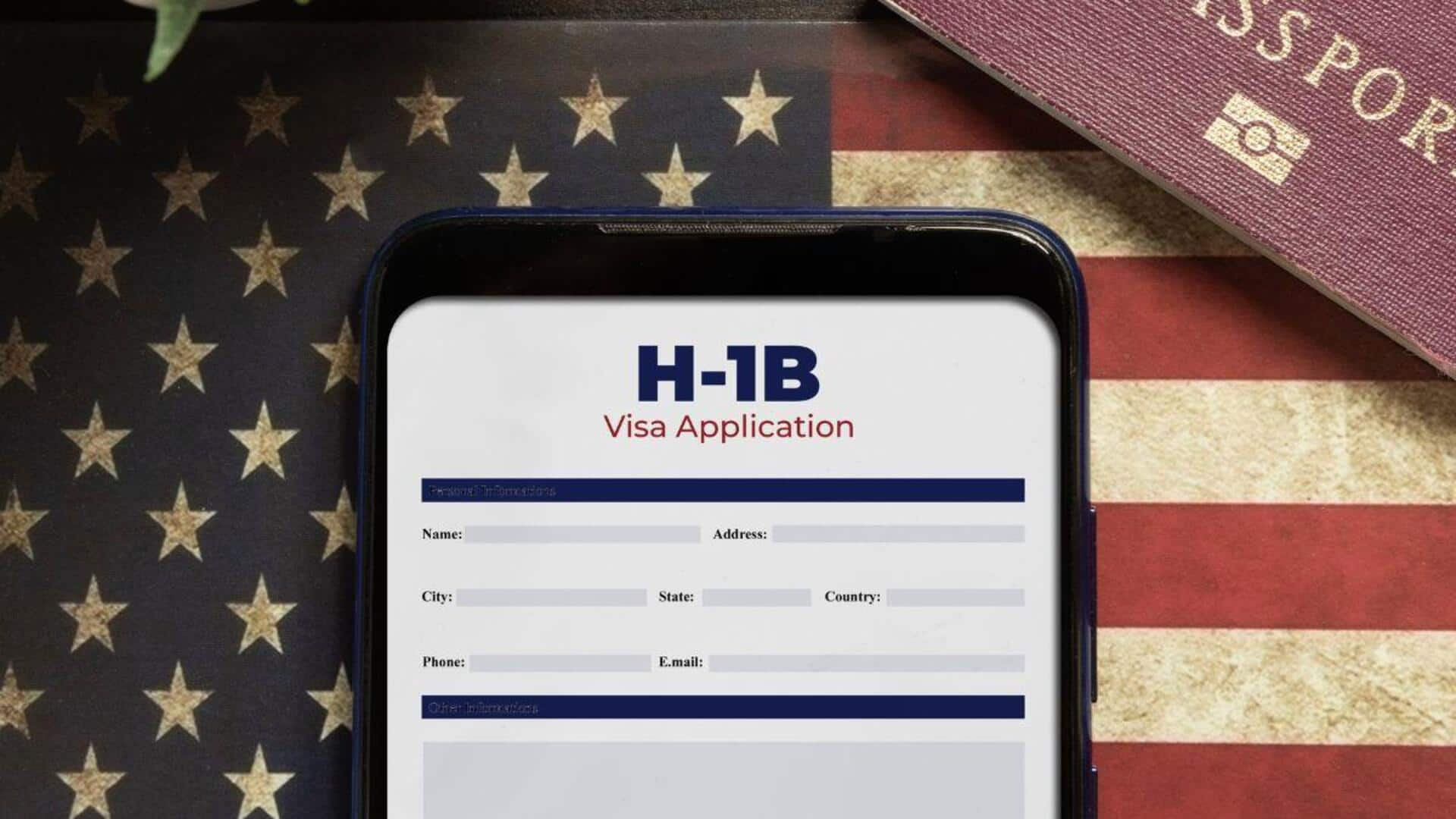
How Trump's H-1B fee hike could affect US healthcare system
What's the story
The Trump administration has announced a staggering increase in the annual fee for H-1B visas, raising it by $100,000. The move is likely to have severe implications for the US healthcare system, as over 30% of medical residents in the country are international graduates. Currently, around 10,000 out of 43,000 residency spots are occupied by H-1B visa holders.
Staffing crisis
Visa costs surge, risking patient care
Previously, H-1B visa fees were less than $5,000. This massive increase could deter hospitals from sponsoring these visas for residents with an annual salary of around $55,000. The change could worsen the already existing staffing shortages in the US healthcare system and compromise patient care. "No longer will you put trainees on an H-1B visa — it's just not economic anymore," Commerce Secretary Howard Lutnick said.
Application impact
Program now seems feasible only for high-value roles
The new policy significantly raises costs for employers, making the H-1B program feasible only for high-value roles. The administration has yet to decide whether the $100,000 fee will be charged up front or annually. Visa quotas remain unchanged at 65,000 for regular applicants and 20,000 for advanced degree holders. However, officials expect a drop in applications due to these high costs.
Business impact
IT firms likely to be most affected
India is the largest beneficiary of H-1B visas, accounting for 71% of approvals last year. The new fee could impact IT firms such as Infosys, TCS, and Wipro that send junior and mid-level engineers to the US for projects. Amazon leads with 10,044 H-1B visa holders, followed by TCS (5,505), Microsoft (5,189), Meta (5,123), Apple (4,202), Google (4,181), Deloitte (2,353), Infosys (2,004), Wipro (1,523), and Tech Mahindra Americas (951).
Opposition response
Policy draws criticism from US lawmakers, immigration advocates
The policy has drawn flak from US lawmakers and immigration advocates. Congressman Raja Krishnamoorthi called it "reckless," warning it could cut the US off from high-skilled talent essential for innovation and job creation. Ajay Bhutoria, former advisor to President Joe Biden, cautioned that the hike could "crush small businesses and start-ups reliant on diverse talent" and push skilled workers to Canada or Europe, weakening America's competitive edge.